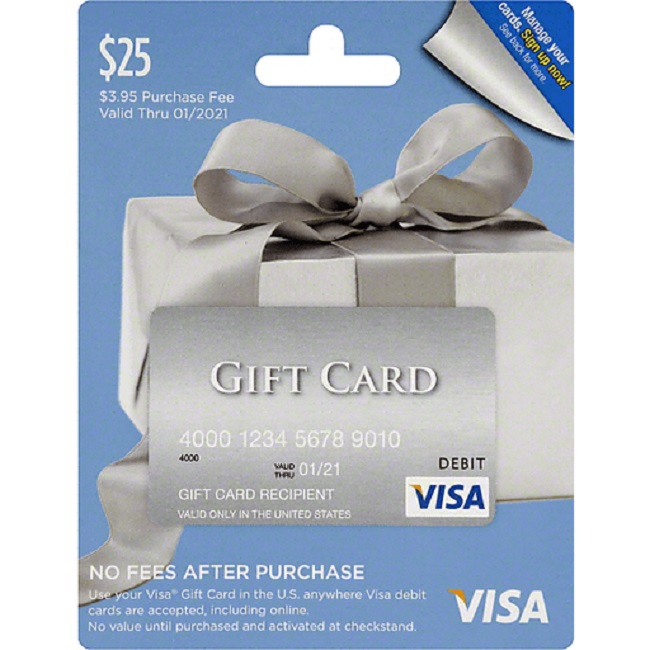There has been much discussion about using gift cards for patient assistance. While the CMP Law protects incentives that promote access to health care, it also allows large retail chains to offer gift cards as an incentive to patients. The OIG is not a new authority on gift cards, but its stance on this issue could make providers rethink their use of gift cards. To learn more, read on!

Because gift cards are considered cash equivalents by the IRS, they are subject to tax rules. If they are given to employees, the IRS will tax them accordingly. But for non-employee research participants, gift cards are not taxable. The University reports non-employee compensation of over $600 on a 1099-MISC form. For more information, visit the Gifts page.
When used as a form of cash equivalent in a research project, gift cards are permitted as long as they meet specific criteria. As long as the gift cards are distributed during the project dates, and the recipient can spend them within the exact dates, they are acceptable as cash equivalents. However, gift cards are not tax-exempt, and they must be tracked and accounted for by the principal investigator.
A gift card is an appropriate way to show employee appreciation, but it must be reported on a Form W-2 provided by an employer. For a small business, a gift card is an excellent way to show appreciation to clients. However, employee gift cards count as taxable income and must be reported on Form W-2. Further, they are not covered by the de minimis fringe benefit rules.






